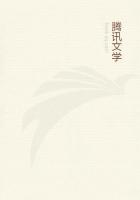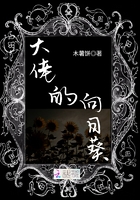Elegy for an Enemy
(For G.H.)
Say, does that stupid earth Where they have laid her, Bind still her sullen mirth, Mirth which betrayed her? Do the lush grasses hold, Greenly and glad, That brittle-perfect gold She alone had?
Smugly the common crew, Over their knitting, Mourn her -- as butchers do Sheep-throats they're slitting! She was my enemy, One of the best of them.Would she come back to me, God damn the rest of them!
Damn them, the flabby, fat, Sleek little darlings! We gave them tit for tat, Snarlings for snarlings! Squashy pomposities, Shocked at our violence, Let not one tactful hiss Break her new silence!
Maids of antiquity, Look well upon her; Ice was her chastity, Spotless her honor.Neighbors, with breasts of snow, Dames of much virtue, How she could flame and glow! Lord, how she hurt you!
She was a woman, and Tender -- at times! (Delicate was her hand) One of her crimes! Hair that strayed elfinly, Lips red as haws, You, with the ready lie, Was that the cause?
Rest you, my enemy, Slain without fault, Life smacks but tastelessly Lacking your salt! Stuck in a bog whence naught May catapult me, Come from the grave, long-sought, Come and insult me!
WE knew that sugared stuff Poisoned the other; Rough as the wind is rough, Sister and brother! Breathing the ether clear Others forlorn have found -- Oh, for that peace austere She and her scorn have found!
Biographical Note:
Stephen Vincent Bene't (22 July 1898 - 13 March 1943) was from a family with roots in Florida, which explains the Spanish name.Although born in Bethlehem, Pennsylvania, his father was a colonel in the U.S.Army, and hence he grew up in California and Georgia.He attended Yale starting in 1915 and that same year published his first book of poems,`Five Men and Pompey'.`Young Adventure' (1918) is considered his first mature book of poetry, and he went on to win two Pulitzer Prizes, in 1929 for `John Brown's Body' and in 1944 for `Western Star'.
It appears that the whole family had great talents, as his grandfather was a Brigadier General, his father a Colonel, and both Stephen and his brother William Rose Benet won Pulitzer Prizes for poetry.















